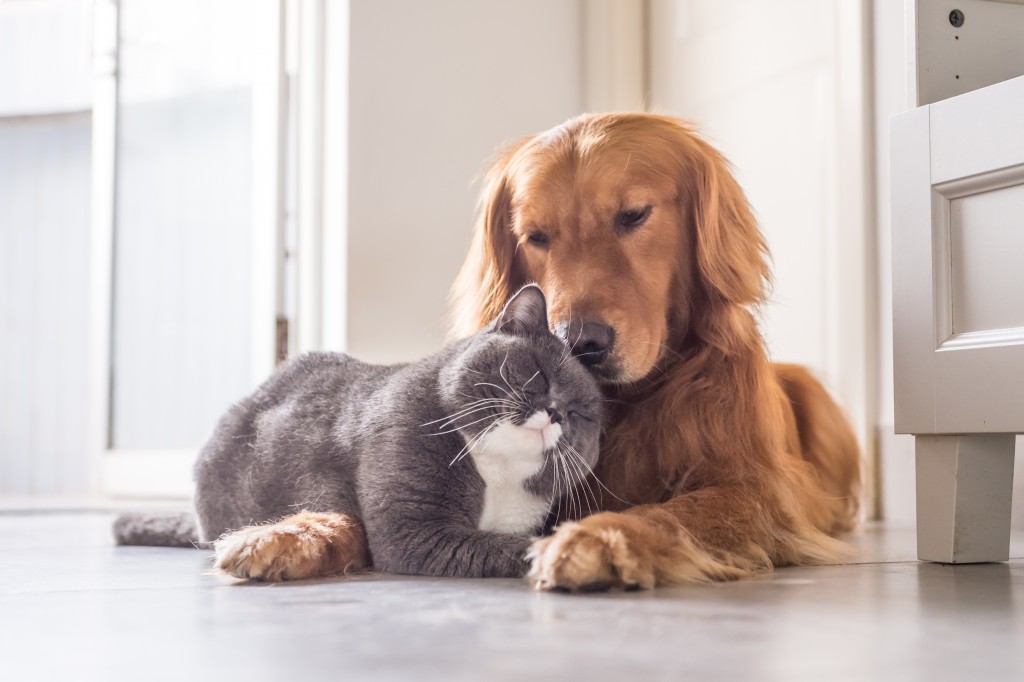Disclaimer: Mladysrecords. This site provides fashion and lifestyle content for informational purposes only.
Bringing home a new baby can be exciting for you and your spouse. But it can be confusing for your dog. Your baby looks like a human, but they smell, sound, and move like nothing your dog has ever seen before. Your canine companion can be well-behaved, thanks to dog obedience classes. But it can still feel uncomfortable around infants, so you need to prepare it weeks before your newborn’s arrival.
Before the Baby Comes
- Make small changes to your dog’s routine. Before your newborn comes home, change where your dog sleeps or when you take it out for a walk. Also, do some baby-related exercises when you’re with your pooch, such as walking the dog in the park while pushing an empty stroller. This way, the changes won’t be sudden, and the dog will not associate these changes with the baby.
- Get your dog used to baby gear and sounds. Introduce your dog to the baby’s room. Let it smell the crib, toys, and diaper bag. You can also play a tape recording of different baby sounds for increasing volumes, so your dog can adjust to these sounds before you bring the baby home.
- Create a safe space for your pooch. At some point, your dog will need some baby-free time, or you’ll need it to be out of the way for a bit as you change your baby’s diaper or put them to sleep. So it’s essential to designate a safe space for your dog and train it to go there on cue. You can use any mat or dog bed and place a chew toy or treats to make the area safe and rewarding.
Once the Baby is Home

- Allow your dog to adjust. When you arrive home with your newborn, greet your dog alone. This way, it doesn’t get too excited and jump on the infant. Also, allow your pup to get used to your baby’s sight, sound, and smell for a few days before letting it get closer to the baby.
- Don’t scold your pooch if it picks up or sniffs your baby’s toys. Otherwise, your dog might associate your baby’s smell or other baby gear with anything negative. Just take the child’s toy and replace it with your pet’s favorite chew toy or treats.
- Let the dog sniff your baby. Once your dog is familiar with the way your infant sounds, smells, or moves, allow it to get closer and sniff your dog even without a leash. But some precautions include keeping the baby elevated and ensuring you’re between the baby and dog at all times. Keep in mind that your dog can react differently if your baby suddenly wails or kicks. Your dog can interpret these sudden moments as signs of warning or invitation to play.
- Play with your dog even if the baby is around. This way, it won’t think that good things only happen when your child isn’t around. It’s OK to lessen the amount of play and attention you give your dog. After all, caring for a newborn takes time. But don’tcompletely neglect your pooch. Like you and the rest of the household, your dog also tries to make sense of the recent changes.
These tips will certainly help you begin your journey as both a parent and a dog owner. But keep in mind that every dog is unique, including the way they behave around infants or deal with sudden changes. Consider working with a professional dog trainer if you have specific training needs or other concerns.

